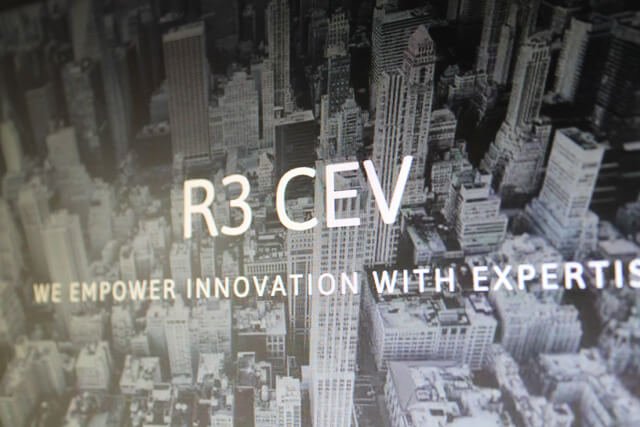R3 CEV files a patent application for Corda, distributed ledger software underlying the Concord Project.
R3 CEV, a blockchain technology company and founder of the famous consortium of financial institutions developing and adopting the blockchain, has filed for a patent for a product named Concord for the harmony it aims to build among more than 60 banks.
Project Concord is a codename for the overall vision, with Corda as our underlying distributed ledger software. Corda, a platform that has been in development for more than a year now, aims at digitising things including reconciliation, asset registry, and clearing and settlement. There are other financial institutions that are working on similar projects but haven’t joined the R3 consortium so far.
R2 CEV has published a whitepaper where the team explained their vision of dealing with the financial industry’s pain points: duplicated, inconsistent data and business logic and redundant business processes. The whitepaper offers answers to the question – how we can apply the distributed ledger and blockchain technology to solve the problems.
“Our conclusion is that distributed ledger and blockchain technology represents a once-in-a-generation opportunity to transform the economics of data management across the financial industry. But there’s a problem because the blockchain and distributed ledger platforms that led us to this exciting moment were never designed to solve the problems of financial institutions and do not meet all our needs: we need tight linkage to the legal domain; we have an obligation to prevent client data being shared inappropriately and so can’t send all transactions to all network participants; we must integrate and interoperate with existing financial infrastructure; and more”, R3 CEV writes.
Corda becomes a result of the study and analysis R3 has conducted to reveal as many of the benefits of distributed ledger and blockchain technology as possible. The aim is to apply the benefits to the needs of regulated financial institutions. Corda platform is seen as a “contribution to the plurality of technologies that will be adopted in the coming years, one that is targeted specifically and with a laser-focus on the needs of financial institutions.”
The platform will be tested in 2017 with only a few select consortium members participating in this trial. R3 CEV is planning the release of alpha version in the summer of 2017. After all consortium member test it, they will vote whether or not this concept will be used moving forward.
Not long ago, 15 member banks of R3 consortium completed two prototypes to show how the distributed ledger technology can be applied to the $45 billion global trade finance industry. The prototypes developed by the banks see distributed and shared ledger technology as a faster and more reliable digital alternative for trade financing. According to experts, the technology can save 10-15% of operational and compliance costs of paper-based trade financing. As a result, banks will have their revenues grow by approximately 15%.
